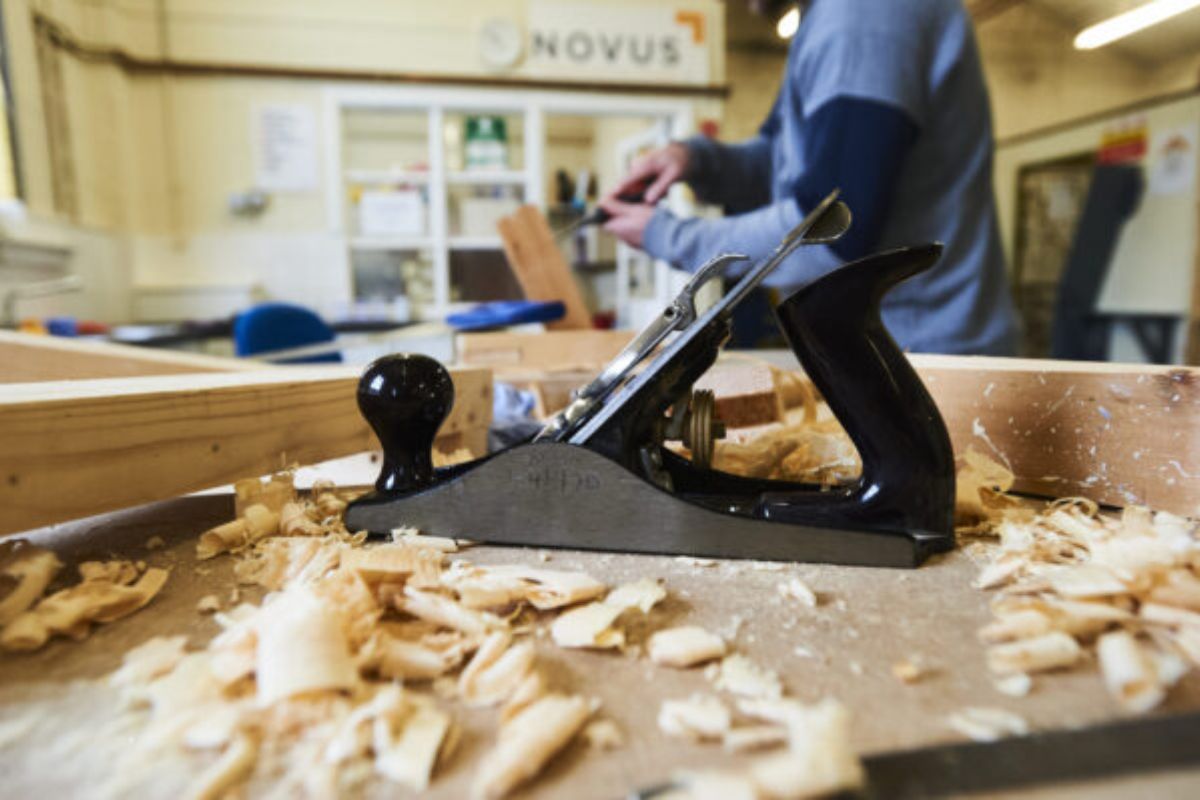Voters back increased investment to train prisoners for future employment ahead of Autumn Statement

Ahead of the Autumn Statement, new research from prison education provider Novus has found that nearly two thirds of voters back greater investment in equipping prisoners with the skills required for future employment
Ahead of Chancellor Jeremy Hunt’s Autumn Statement, a new poll has found that voters across the political divide believe that more investment is required to help prisoners gain skills for future employment.
Commissioned by leading education provider Novus, the poll* of 5,000 voters found that 63% of respondents believe that greater investment is required to offer prisoners access to a range of qualifications to provide them with the skills needed for employment, giving a clear indication of the electorate’s priorities on justice to newly appointed Prisons, Parole and Probation Minister Edward Argar.
The overall support for higher investment spanned the political divide, drawing the backing of 60% Tory voters and 65% Labour voters. This led to nearly a third of voters (32%) saying more should be spent on prison education, including 27% of Conservative voters and 37% of Labour voters.
Commenting on the data, Novus Managing Director Peter Cox said:
“Ahead of the Autumn statement it is encouraging to see that the electorate across the political spectrum supports greater investment in equipping prisoners with skills and qualifications that will lead to employment upon release.
“We know that finding secure and stable employment upon release is key to breaking cycles of reoffending. For many prisoners they have not gained the skills or qualifications that many employers are looking for, making it crucial that during their sentence they are able to access the training and education required to be employable at the end of their sentence.
“While there is pressure across the board to increase investment, these findings highlight that, ahead of the upcoming Autumn Statement, that there is political wriggle room for increasing investment in training and skills to reduce reoffending.”
Jon Collins, Chief Executive of the Prisoners’ Education Trust, said:
“Prison education is chronically underfunded, meaning that people in prison frequently cannot access the education and training that they need to help them to turn their lives around. Investment is urgently needed – in buildings, classrooms, equipment, teachers and technology – if we want people to get the skills and qualifications that they need when they are released.
“The public recognises the importance of rehabilitation and of education for people in prison. The Treasury now needs to do the same, and provide the funding required to make substantial improvements to prison education.”
The findings follow data Novus published earlier this year which found that 60% of voters agree that educating prisoners and developing their skills is a good way to use taxpayers money. However, when told that reoffending costs the economy £18 billion every year according to Ministry of Justice data and that education is proven to reduce reoffending by 7.5 percentage points, support for educating prisoners and developing their skills increased to 68% overall, with support ranging from to 65% amongst Conservative voters to 73% among Labour voters.











Responses